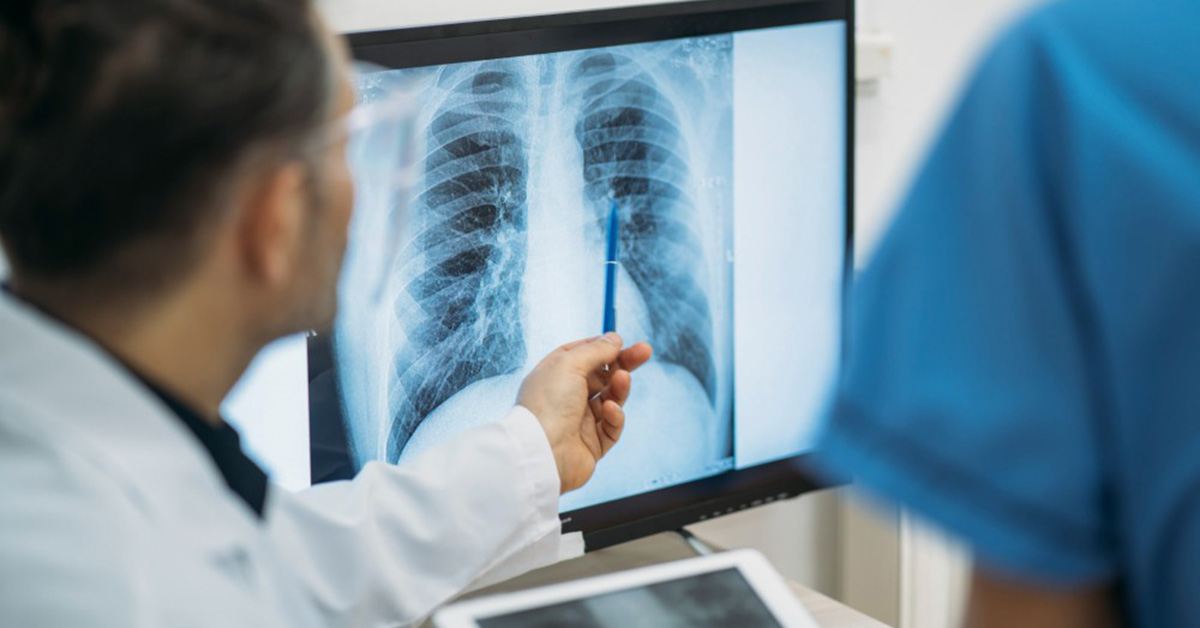A University of Minnesota study published in JAMA Network Open found that a common blood pressure medication — losartan — is not effective in reducing lung injury in patients with COVID-19.

This drug was investigated based on early reports suggesting benefit in preclinical models of the 2003 SARS virus, a close family member to the current SARS-CoV-2 virus. This study was conducted across 12 U.S. academic research institutions.
The Medical School and School of Public Health research team — which included Division of Biostatistics researchersThomas Murray, andHelen Voelker — sought to determine if a common blood pressure medication might decrease lung injury in patients admitted to the hospital with COVID-19. Their results found that losartan treatment did not reduce lung injury in patients admitted with COVID-19, and had no effect on mortality.
The researchers also found that critically-ill patients treated with losartan needed additional, temporary blood pressure support — though this did not lead to worse outcomes overall.

”Even though this particular drug was not effective for the treatment of COVID-19, repurposing inexpensive and relatively safe medications remains an important approach to contain healthcare costs,” said Michael Puskarich, MD, an associate professor in emergency medicine at the U of M Medical School and co-author of this study.
“Finding effective treatments for COVID-19 that can be widely used across both the developed and developing world remains an important ongoing area of investigation,” Puskarich said, who is also an emergency physician at Hennepin Healthcare.
This study was funded by the Bill and Melinda Gates Foundation. The researchers note that more studies of protein and cellular signaling from ALPS-COVID trial participants are ongoing.

“We hope that future study findings of these proteins may show insights into why the body responds the way it does to COVID-19,” said Christopher Tignanelli, MD, MS, FACS, FAMIA, an assistant professor in surgery at the U of M Medical School and co-author on this study. “Critically, this will help us understand why some people develop severe disease following COVID-19 infection and others are asymptomatic.”
* This post was derived from a press release originally issued by the University of Minnesota Medical School.

